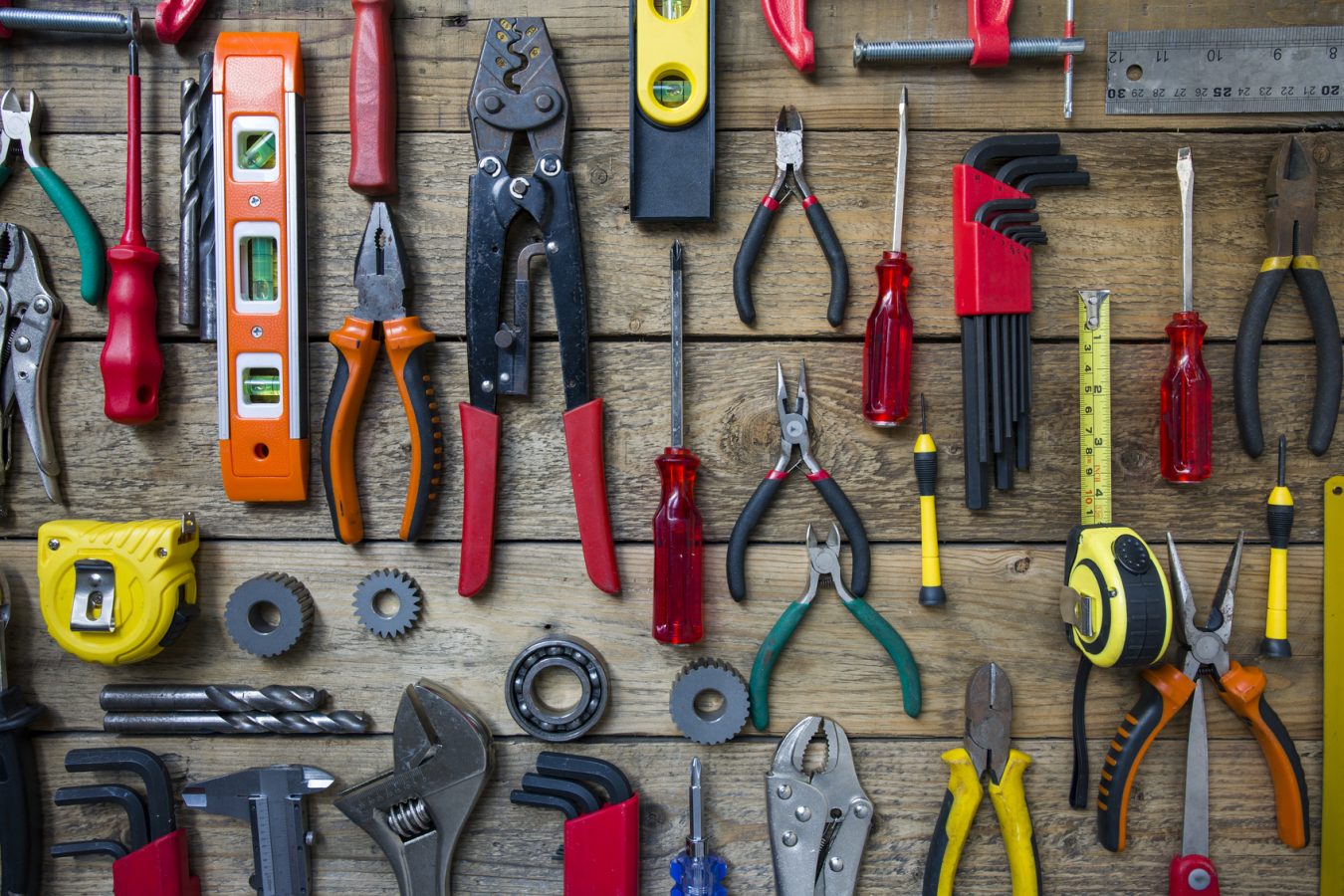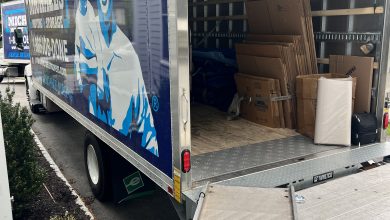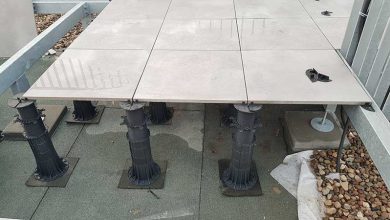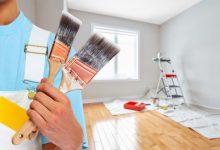Best Plumbing Tools for DIY Home Repairs: A Comprehensive Guide

Ever been faced with a leaky faucet or a clogged drain and wished you had the right tools to fix it yourself? Welcome to your one-stop guide for the best plumbing tools for DIY home repairs. Whether you’re a seasoned DIY enthusiast or a complete novice, this list will equip you with everything you need. By the end of this guide, you’ll be ready to tackle most basic plumbing issues with confidence. Let’s dive in!
Essential Plumbing Tools for Every Home
Pipe Wrench
A pipe wrench is a must-have for any plumbing toolkit. This tool is perfect for gripping and turning pipes and fittings. Its adjustable jaw can handle pipes of various sizes, making it incredibly versatile.
Plunger
No household should be without a plunger. It’s your first line of defense against clogged toilets and drains. A heavy-duty plunger can save you from many a messy situation.
Adjustable Spanner
An adjustable spanner, or wrench, is indispensable for loosening and tightening nuts and bolts. Opt for one with a comfortable grip to make the job easier on your hands.
Plumber’s Tape
Also known as Teflon tape, this essential tool is used to seal pipe threads, preventing leaks. It’s inexpensive but invaluable for ensuring watertight connections.
Pipe Cutter
A pipe cutter makes clean, precise cuts on copper, brass, aluminum, and plastic pipes. You’ll often need this tool when replacing sections of piping.
Basin Wrench
A basin wrench allows you to reach and tighten nuts under sinks, which can be tricky with regular wrenches. Its long handle and swivel head make it perfect for tight spaces.
Advanced Tools for the Serious DIYer
Propress Tool
The propress tool is a game-changer for anyone serious about plumbing. It allows you to make secure, quick connections without soldering or gluing. This tool uses hydraulic pressure to fit pipes together, ensuring a leak-proof seal. It’s especially useful for large projects or frequent repairs.
Pipe Bender
If you’re working with copper or metal pipes, a pipe bender is essential. This tool lets you shape pipes to fit the space you’re working in, reducing the need for fittings and joints.
Auger
An auger, or drain snake, is invaluable for clearing serious clogs. Unlike a plunger, which works on surface clogs, an auger can reach deep into pipes to remove blockages.
Inspection Camera
An inspection camera helps you see inside pipes and ducts. This tool is especially useful for diagnosing problems in hard-to-reach areas. Some models even come with LED lights and recording capabilities.
Safety Gear You Shouldn’t Skip
Gloves
Always wear durable gloves when working on plumbing repairs. They protect your hands from sharp objects, hot surfaces, and dirty water.
Safety Glasses
Safety glasses shield your eyes from debris, chemicals, and splashing water. They’re a small investment for a significant safety upgrade.
Ear Protection
Some plumbing tasks involve loud noises, such as using a power drill or saw. Ear protection will help prevent hearing damage.
Handy Tips for DIY Plumbing Success
Know When to Call a Professional
DIY repairs can save money, but there’s a limit to what you can do. For complex issues like major leaks or water heater problems, it’s best to call a professional.
Keep a Well-Stocked Toolbox
Having the right tools on hand can make any repair job quicker and easier. Invest in quality tools that will last, and replace any worn-out items promptly.
Follow Safety Protocols
Always turn off the water supply before starting any plumbing repair. Double-check that all connections are watertight before turning the water back on.
Educate Yourself
There are tons of resources available, from YouTube tutorials to online forums. The more you know, the better prepared you’ll be for any DIY plumbing project.
Conclusion
Equipping yourself with the best plumbing tools for DIY home repairs can make a world of difference. From basic essentials like plungers and pipe wrenches to advanced tools like the propress tool, having the right gear will make your plumbing tasks easier and more efficient. Remember to prioritize safety, know your limits, and don’t hesitate to call a professional when needed. Happy repairing!








